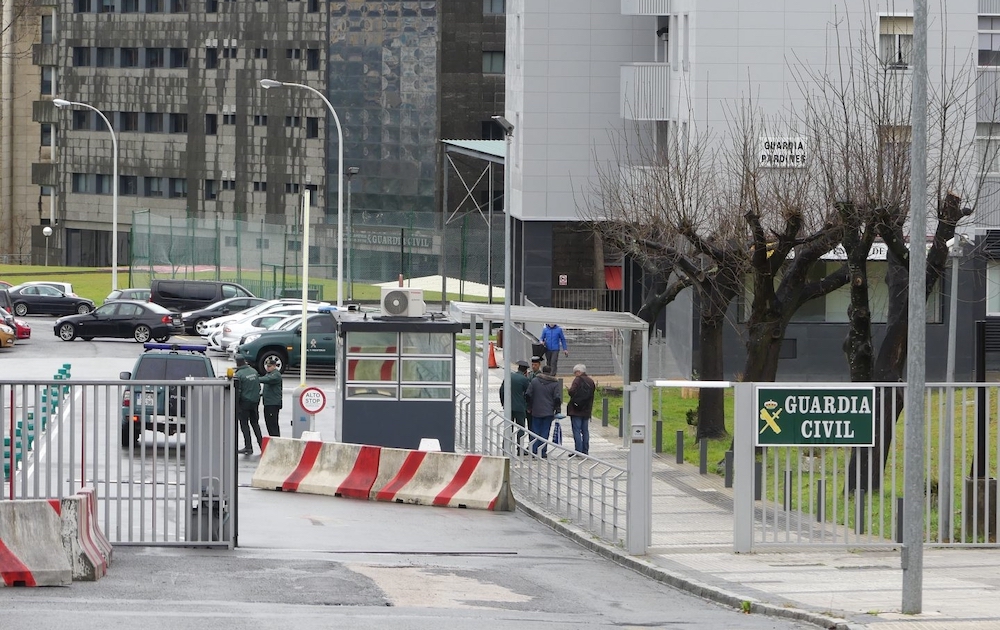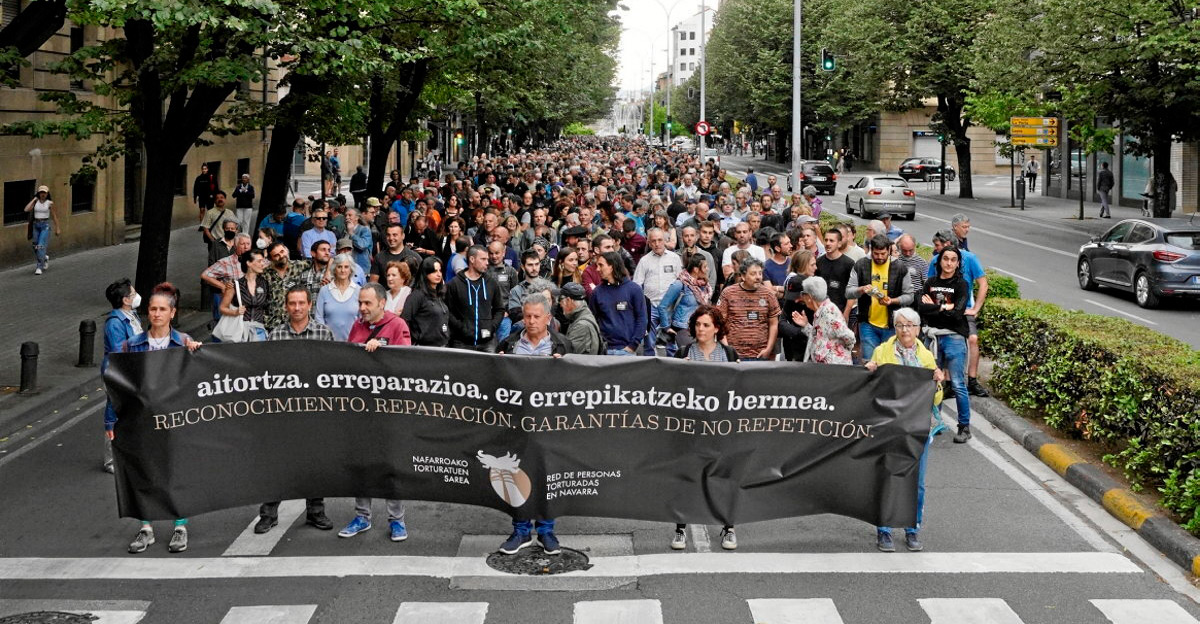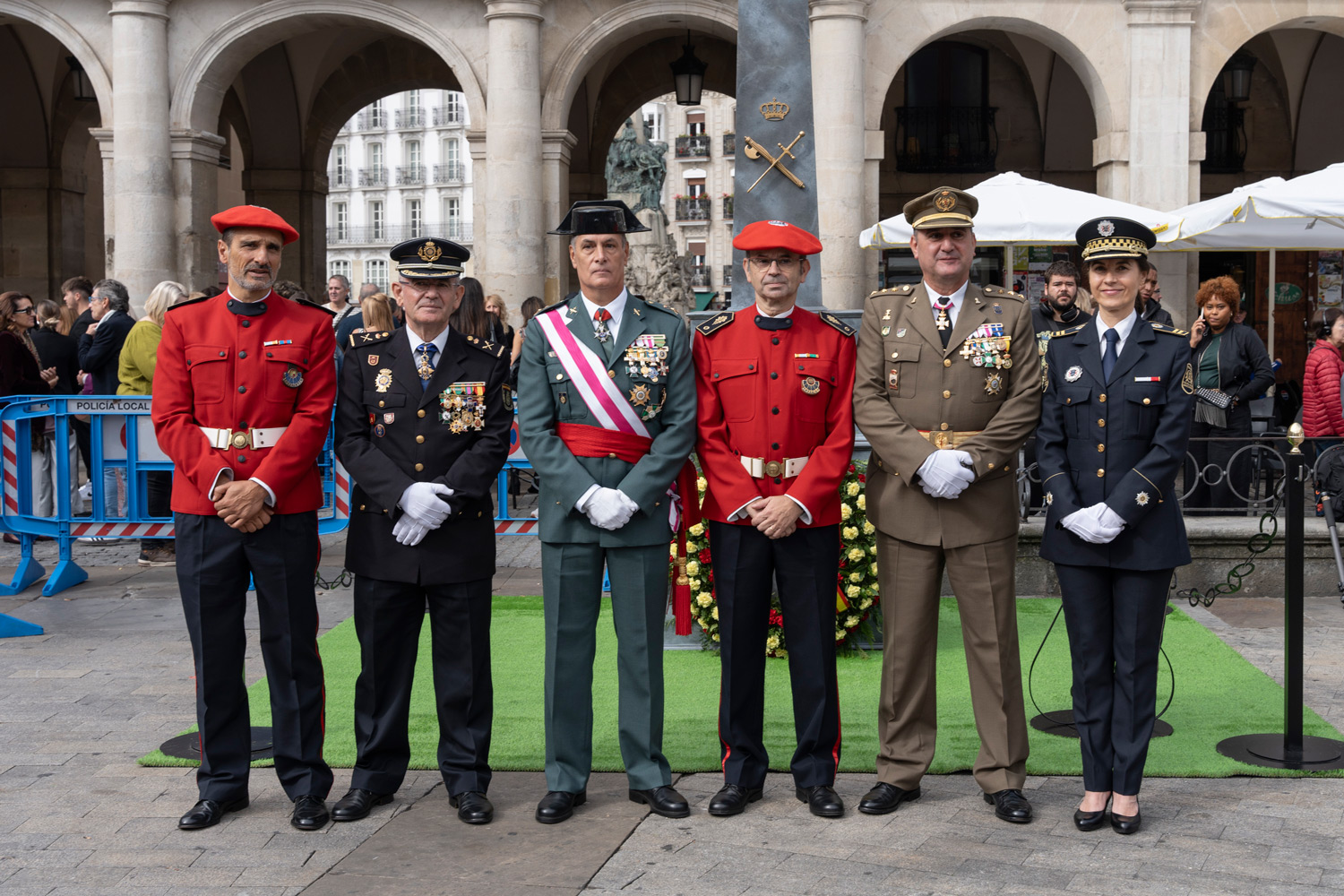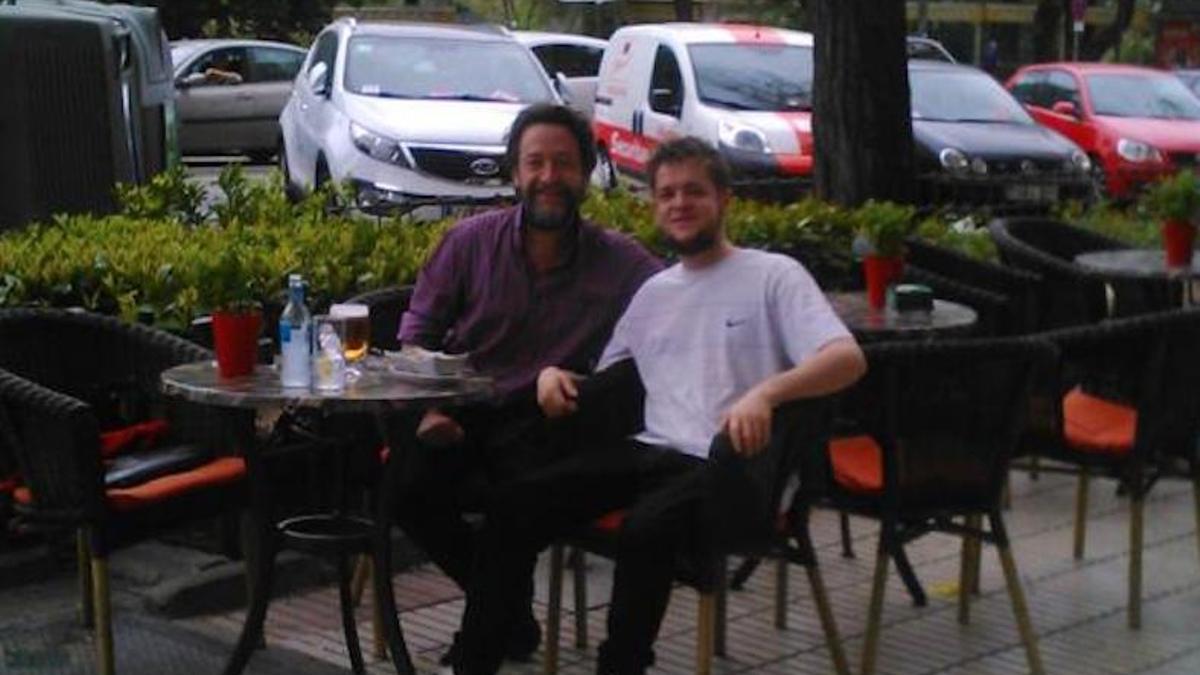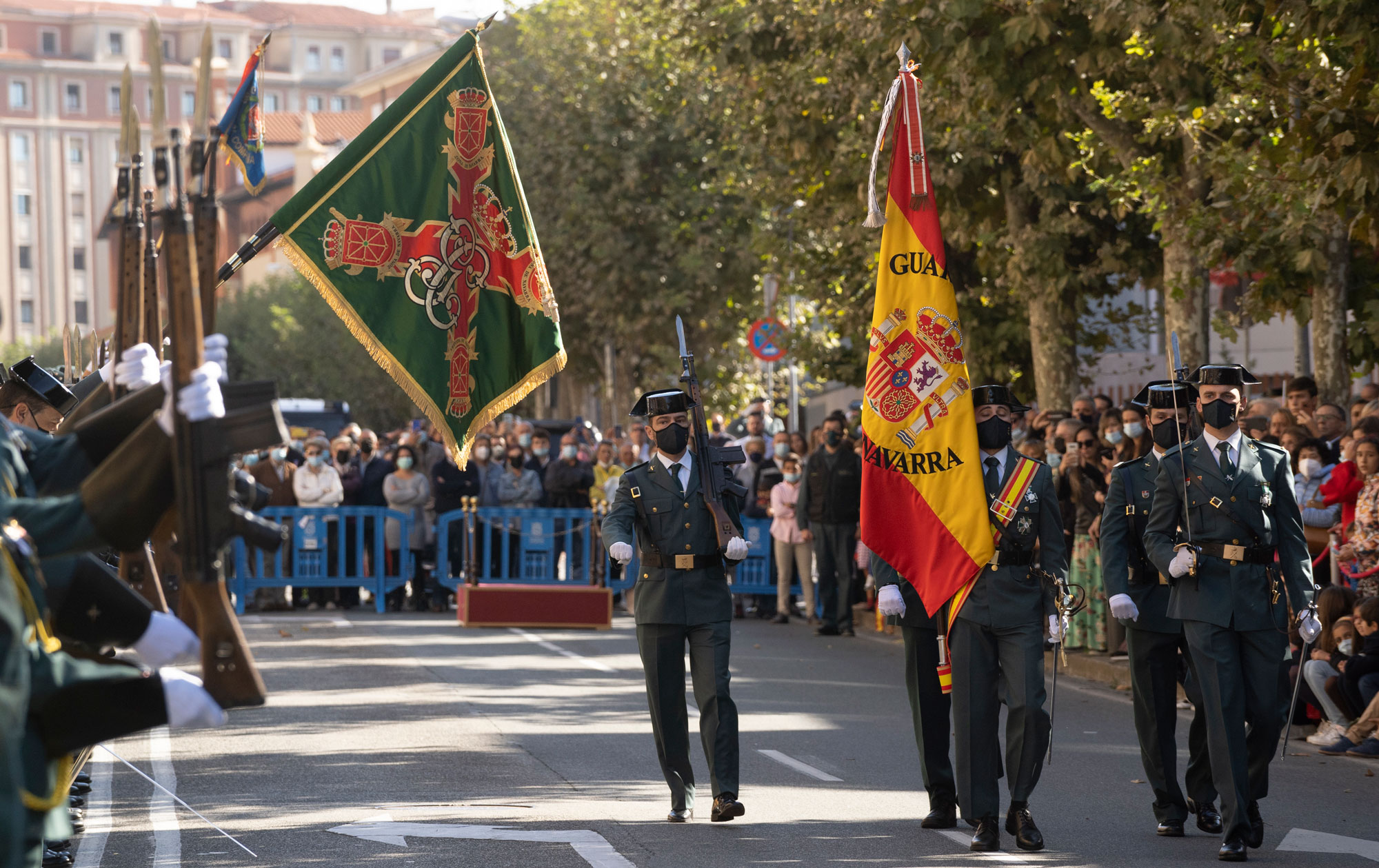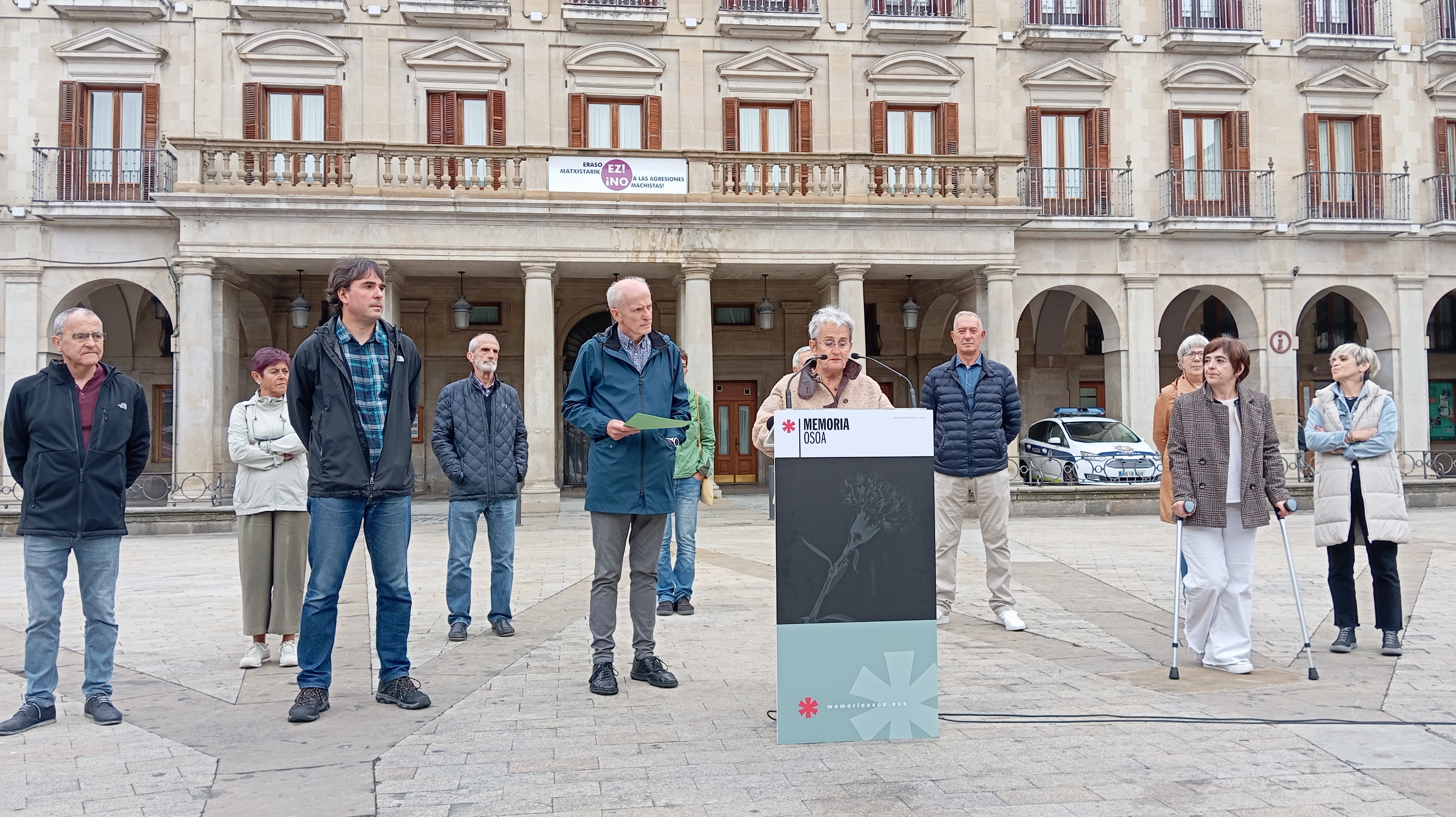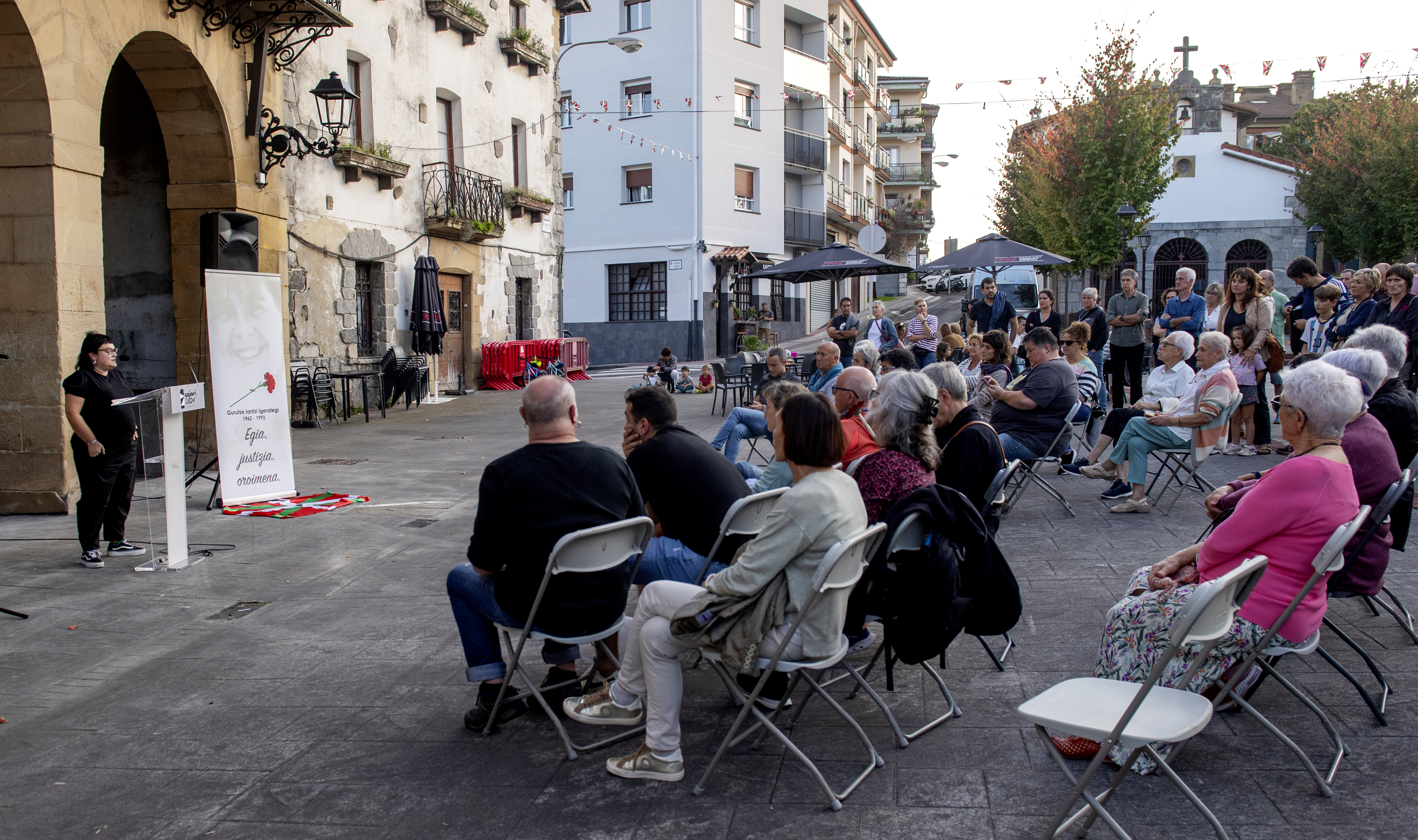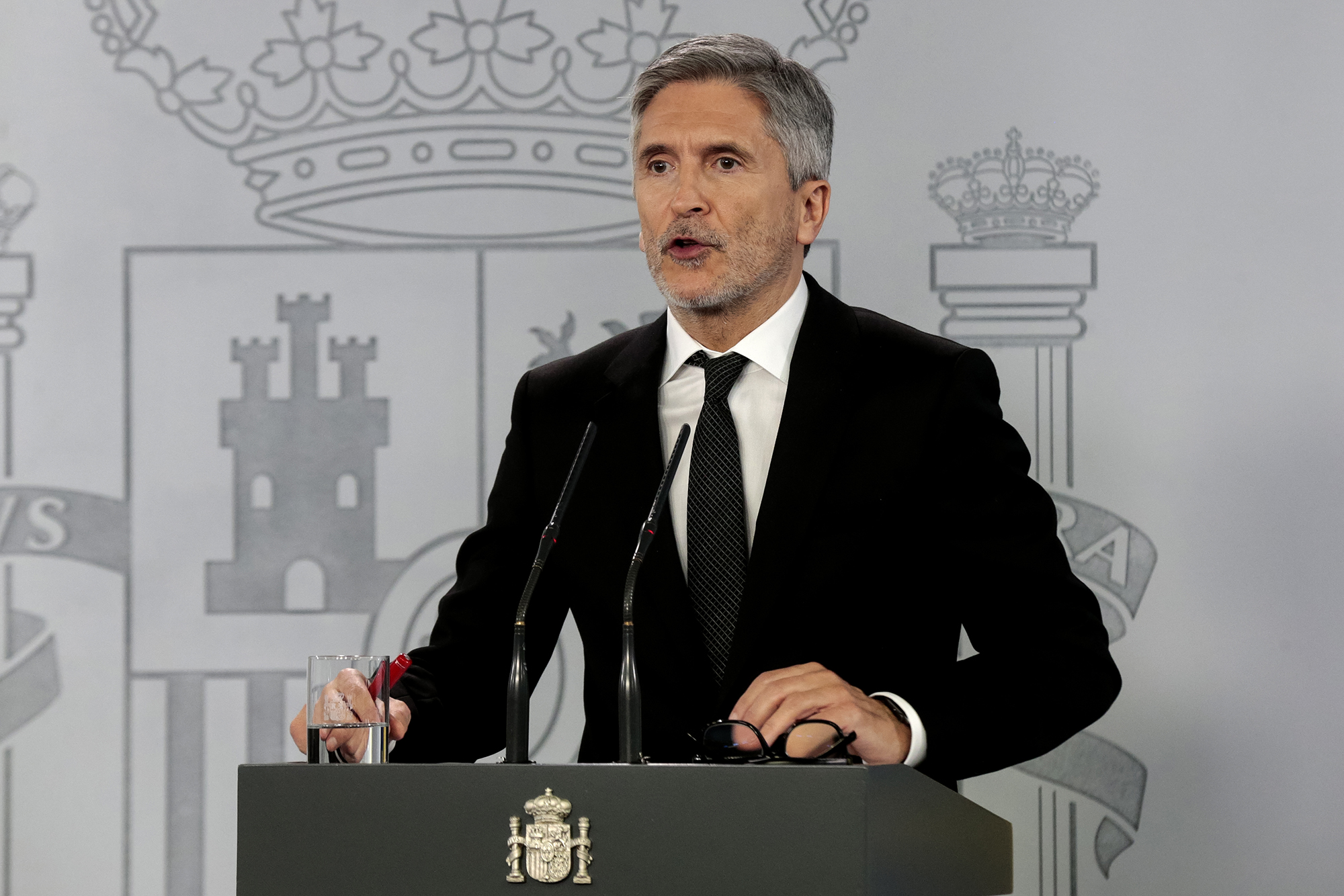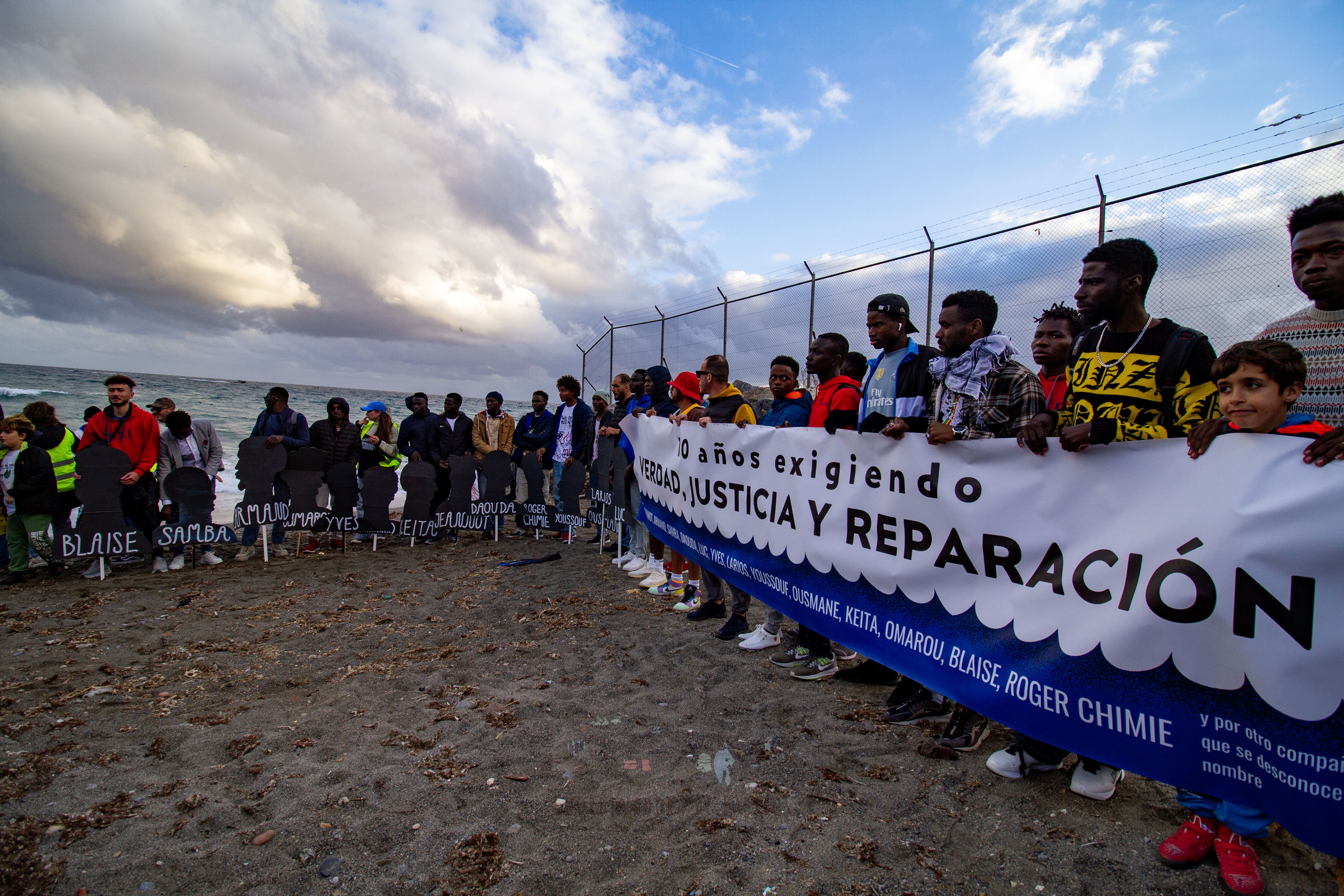Chivit says the Civil Guard will maintain its presence in Navarra despite losing competition from traffic
- The President of the Government of Navarre has promised that, before the end of his term of office, the Foral Police will regain exclusive competence on roads lost in 1960. UPN has strongly criticised the measure because it is one of the measures that EH Bildu has imposed on Pedro Sánchez in exchange for voting in favour of the Spanish budgets.

“Do you want or do you not want Navarra to be the traffic authority?” asks María Chivite, president of the Government of Navarra, at a time of the plenary of the Foral Parliament, to Javier Esparza Navarra Suma. The question is not stupid if we look at the past positions of the opposition party, but less so in view of the entanglement that Esparza has made in his speech: “It is compatible with the exclusive control of traffic by the Foral Police and the sharing of traffic control with the Civil Guard,” he said, provoking the laughter of parliamentarians from the other groups.
However, Chivit questions whether it was just a lapsus: “The case is that it is not clear, because UPN ceased to be a regionalist when Navarre was lost in the Suma acronym.” From the point of view of today it could be thought that the Sparza party is against the transfer of competition from roads by the Civil Guadia, but historically it has been favourable, especially when it has been in power.
The President of Navarre has recalled some examples that have not finally been carried out, such as: when Sergio Sayas, then at UPN, proposed that civilian guards working in traffic should become foralistic, and when former foral president Miguel Sanz agreed with Aznak to acquire full authority by the Foral Government.
In the latter case, Chivit reminded Esparza that “ETA still killed”. “Because I’m sure you’ll somehow talk about ETA.” And he's right. “I find it disgusting that the political parties of ETA let the dignity of the civil guards stand, betray the Civil Guard,” Esparza criticized, referring to one of the conditions that EH Bildu has imposed on Pedro Sánchez in exchange for protecting the budgets of the Spanish state of 2023.
The other conditions are, among others, to maintain a maximum increase of 2% of the rent price, to increase pensions by 15%, to subsidize the excavations of Irulegi by the Government of Spain, to levy taxes on local banks and energy companies of the CAPV and to allocate 600,000 euros for the memorial of the massacre of 3 March Vitoria by the Government of Spain.
Exchange of competences or more police controls
Chivit has pointed out that “it is to be welcomed” that these conditions of EH Bildu included the competition of traffic in Navarra, because it is also a support of its government, and for this he is collaborating with Sánchez. It has therefore promised that before the end of the Navarre legislature, that is to say before May, the compromise will materialise. It also makes it clear that the Civil Guard will remain in Navarra. In this regard, Isabel Díaz Ayuso condemned the following “lies” of the President of the Community of Madrid: “The Civil Guard has been expelled from Navarra. The rupture in Spain is at full speed.”
If there is any doubt that these statements are false, the PSN spokesman, Ramón Alzorriz, has pointed out that “since Pedro Sánchez was appointed president have sent 94 more civil guards to Navarra” and that “there are 330 more than in some PP governments”.
In short, the traffic competition will move from the Civil Guard to the Foral Police, but without reducing the number of civilian guards. There are therefore two possibilities: The Foral Police will simultaneously assume some other competence of the Civil Guard or, failing that, there will be more police officers with civil guards duplicating tasks and thus significantly increase police control.
“In the newsletter today at noon, you will see the mayor of your capital, offering the main plaza of the city to the military body that tortured us. In today’s information at noon, you will see the structure that murdered our friends and relatives unravel through our... [+]








